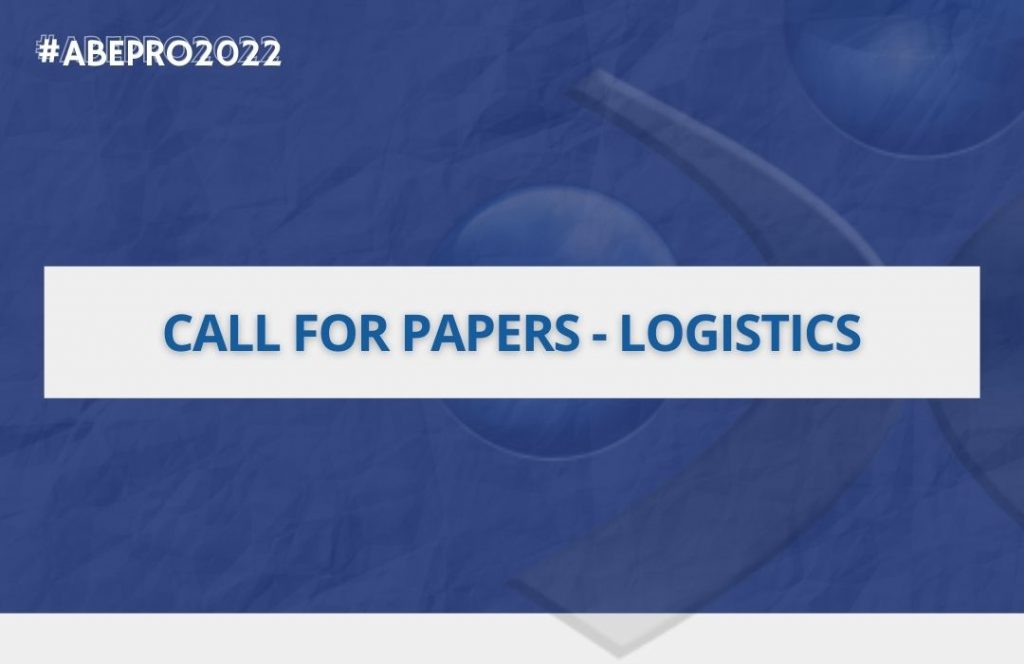A pedido do Prof. Dr. Francisco Gaudêncio Mendonça Freires, da Universidade Federal da Bahia, divulgamos, a seguir, a chamada especial de trabalhos da Revista Logistics.
Companies that need to adapt to the necessity or the obligation to reduce their environmental and social impacts and at the same time maintain their profitability need to face the challenge of rethinking and redesigning their chains and their business structure. Issues related to supplier evaluation considering aspects of sustainability or forms of logistical reorganization are fundamental to achieve better results.
Despite the potentials and advantages of introducing environmental sustainability to the design of supply chain and operations, there are many obstacles or barriers that make companies face huge challenges. A lack of qualified human resources, lack of knowledge about sustainability and design of supply chain, high costs to implement new solutions and new technologies, lack of commitment of either the management and staff or supply chain partners (suppliers, customers, logistics service providers), deficiency of structure, and absence of public policies are just a few challenges that could lead to cost explosions in turning the supply chain design and operations optimal from an environmental sustainability perspective.
However, there are many known tools, philosophies, and methodologies that can be used to implement an optimal supply chain design and operations from an environmental sustainability perspective. The circular economy is one, and the cradle-to-cradle perspective is another. Reuse, sharing, repair, refurbishment, remanufacturing, and recycling are but some of the aspects of these, and they can be approached not only from a micro or a “product” perspective, but also from a perspective of the full chain. The idea is to create a closed-loop system, minimizing the use of resource inputs and the creation of waste, pollution, and carbon emissions. Overall, the aim is to keep products, equipment, and infrastructure in use for longer. Thus, innovation, creativity, disruption, and creation are essential elements to achieve sustainability in the supply chain design and operations. This Special Issue seeks to contribute to the discussion of the potentials of environmental sustainability in supply chain design and operations. Authors are cordially invited to submit original research papers, review articles, empirical studies, and case studies (for teaching and training) to this Special Issue of Logistics until 17 September 2022. Manuscripts or papers can be submitted on the following topics:
- Investigation of the sustainability aspects (especially environmental sustainability) in supply chain design and operations, considering aspects of logistics, distribution, suppliers’ evaluation, and others;
- Investigation of success factors of implementing a sustainable supply chain design;
- Circular economy and new business models arising from the sustainable perspective of supply chain design;
- Empirical research on the environmental sustainability of supply chains;
- Theory building on the circular economy and its synergies to supply chain management;
- Decision modeling on sustainable supply chains; green logistics and circular supply chains;
- Emerging topics on sustainable supply chains design and management;
- Case studies in this field for teaching and training.
This list is not exhaustive. Any other article in the field of optimal supply chain design and operations from an environmental sustainability perspective will be highly welcome. I look forward to your submissions.
Best Regards
Prof. Dr. Lucila Maria de Souza Campos
Prof. Dr. Francisco Gaudêncio Mendonça Freires
Guest Editors

